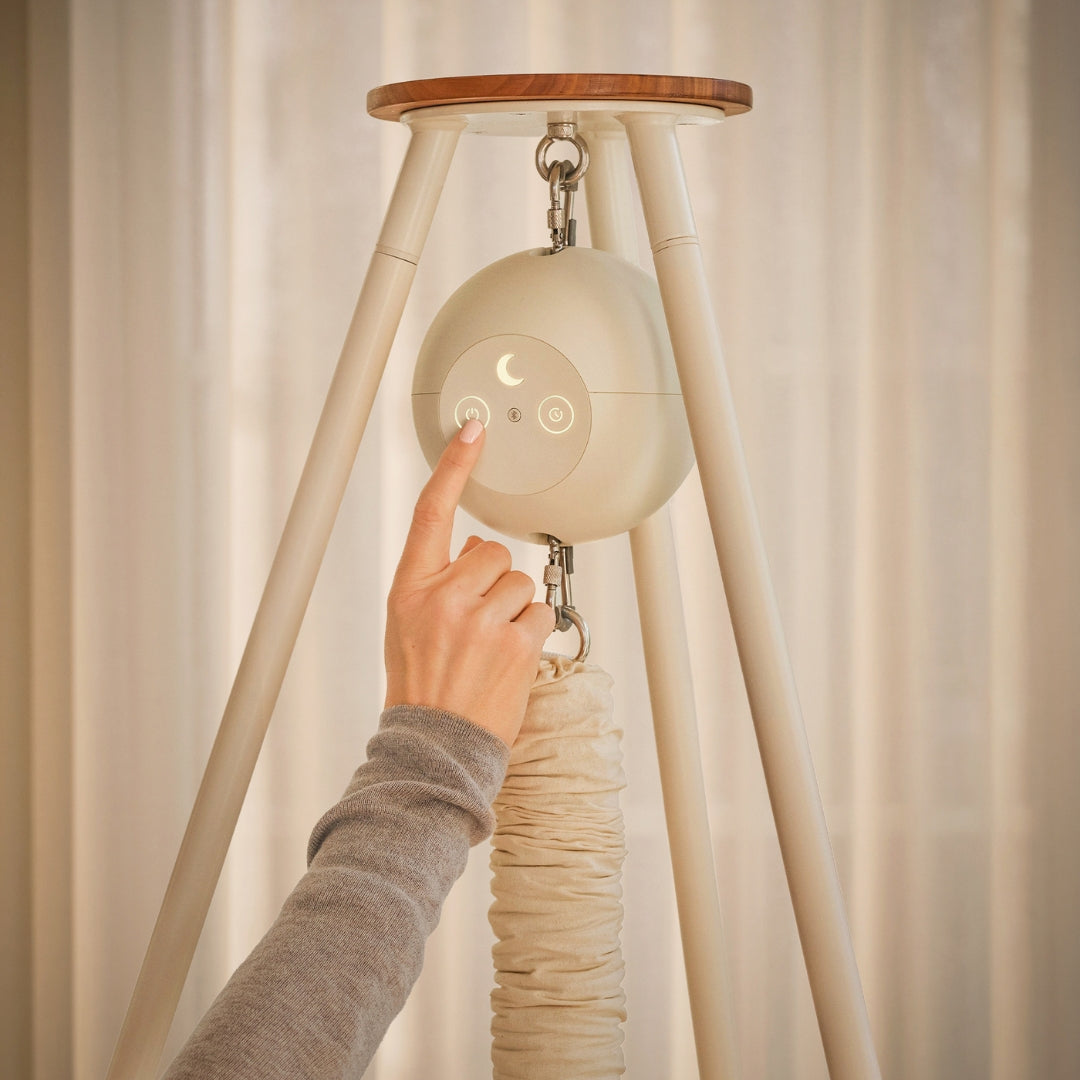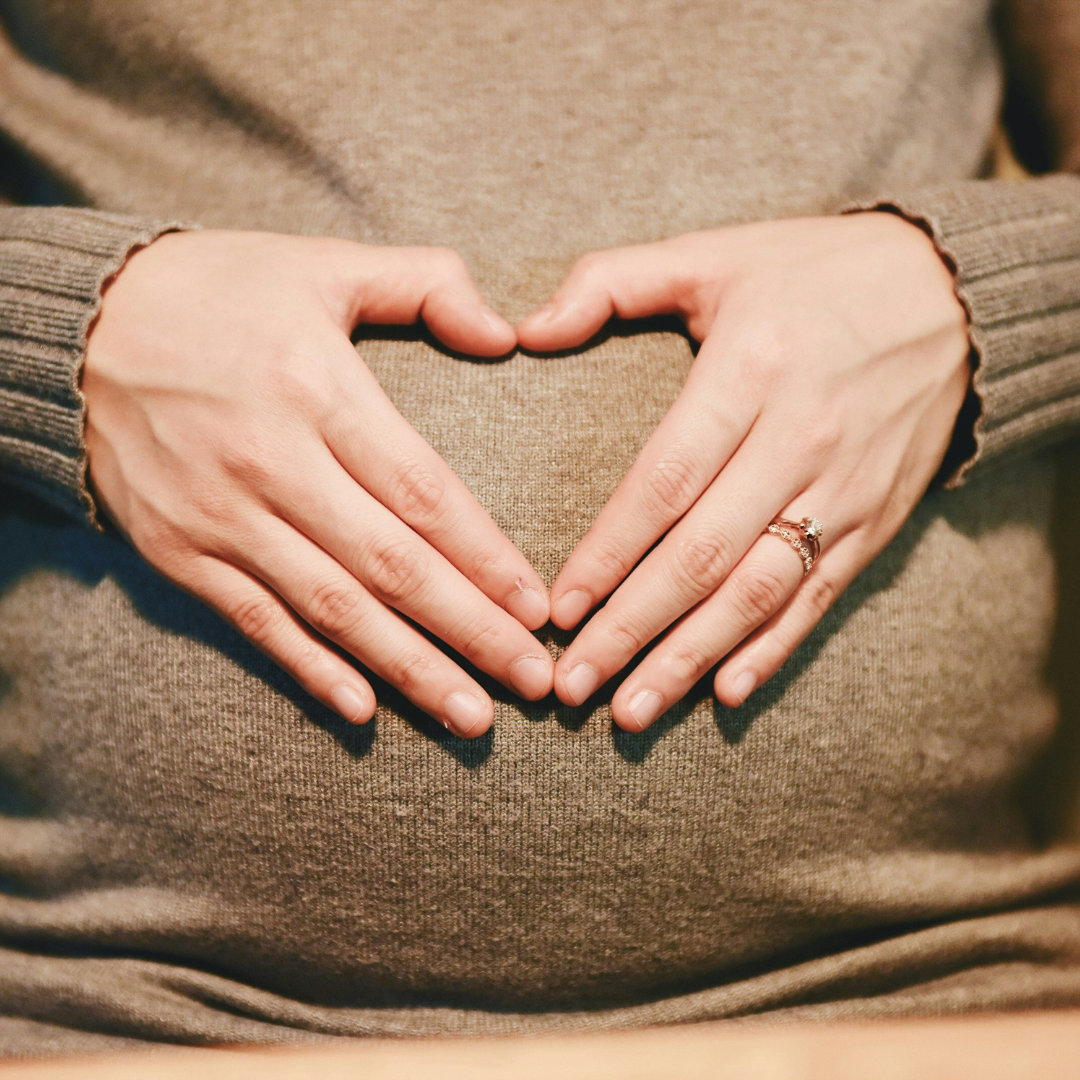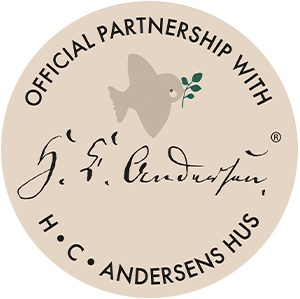

Eating well during pregnancy is more important than ever. It is not just about taking care of yourself, but also about supporting your baby’s growth and keeping them safe. This means you might need to give up some of your favorite foods for a while, like sushi or rare steak.
This is not about being overly cautious or worried, but rather about avoiding foods that could carry harmful bacteria or parasites. During pregnancy, your immune system naturally changes, making you more vulnerable to infections. Many of the guidelines you hear about pregnancy diets exist to protect you and your baby from bacteria like salmonella or E. coli, which can cause more serious problems when you are expecting.
If you want to know what foods to avoid or need some simple tips to eat safely in pregnancy, keep reading.
Milk, cheese and other dairy products
Some dairy products, especially those made from raw or unpasteurized milk, can carry a bacteria called Listeria. This bacteria can cause an infection known as listeriosis, which is serious during pregnancy. Listeriosis can lead to miscarriage, stillbirth, or make your newborn very ill.
To keep things safe, it is best to avoid raw or unpasteurized milk and any dairy products made from it. Instead, choose dairy products that are pasteurized. When it comes to cheese, soft cheeses made from unpasteurized milk, such as brie, camembert, blue cheese, and queso fresco, should be avoided. These cheeses have a higher moisture content, which can make it easier for bacteria to grow.
However, cooking these cheeses until they are steaming hot will kill harmful bacteria, making them safer to eat. Hard cheeses made with pasteurized milk, such as cheddar, parmesan, Asiago, Swiss, or Emmental, are safe choices. Other options like cottage cheese, cream cheese, feta, mozzarella, and string cheese are also safe as long as they are made with pasteurized milk.
Eggs
Raw or lightly cooked eggs can carry salmonella, which may cause food poisoning. While this usually will not harm your baby, it can make you very sick and uncomfortable.
Avoid foods that contain raw or undercooked eggs. This includes Caesar salad dressing, raw dough or batter, tiramisu, hollandaise sauce, homemade ice cream, and eggs Benedict. As tempting as licking the spoon might be when baking, it is best to resist to keep you and your baby safe.
Instead, always make sure your eggs are cooked until both the yolks and whites are firm. Dishes such as quiches or casseroles should be cooked to an internal temperature of 160 degrees Fahrenheit (about 71 degrees Celsius), or 165 degrees Fahrenheit (around 74 degrees Celsius) if they contain meat or poultry. Another safe option is using pasteurized eggs in recipes that are not cooked fully, like mousse or salad dressings.
Fish and seafood
Fish can be a great source of nutrients during pregnancy and good for your baby’s development. However, some types of fish should be avoided or limited to reduce the risk of exposure to mercury or harmful bacteria.
Mercury is a toxic substance that can be found in polluted waters. It can affect your baby’s developing nervous system and other organs. Fish that are high in mercury and should be avoided include:
- Shark
- Swordfish
- King mackerel
- Marlin
It is also important to avoid raw or undercooked fish and shellfish, such as sushi, sashimi, and ceviche, as they can carry bacteria or parasites like norovirus, Vibrio, Salmonella, and Listeria. Even with careful handling, raw fish can become contaminated during processing, storing, or preparation.
Refrigerated smoked seafood such as lox or nova should only be eaten if it is cooked in a hot dish. But don’t worry, cooked fish and shellfish are safe to eat when they are cooked thoroughly, you can tell when the flesh becomes opaque and flakes easily with a fork, and shellfish shells open during cooking.
Otherwise, fish low in mercury and safe to eat include shrimp, canned light tuna, salmon, pollock, crab, lobster, and catfish. Smoked fish that comes in sealed airtight containers that do not require refrigeration before opening is also safe to enjoy.
Fruits and vegetables
Whether you’re pregnant or not, it’s always a good idea to wash fruits and vegetables carefully before eating. The skin of unwashed or unpeeled produce can carry germs that might make you sick.
Make sure to rinse all fresh fruits and veggies under running water. For firmer ones like cucumbers or melons, use a clean brush to scrub the surface. Even if you plan to peel them, washing first helps keep harmful bacteria from getting inside. Also, try to avoid pre-cut or pre-packaged fruits and vegetables unless you know they’ve been handled safely.
When it comes to fruit juices and smoothies, it’s safer to choose pasteurized juices without added sugar. Fresh juices from market stalls or homemade smoothies might use unpasteurized ingredients, which can sometimes contain germs. If you’re ordering a smoothie, ask what’s inside and how it’s made so you can be sure it’s safe.
Meat
Eating meat during pregnancy can provide important nutrients, however, it is very important to make sure all meat is properly cooked to avoid the risk of harmful infections.
Raw or undercooked meat can carry bacteria and parasites which can cause serious complications during pregnancy, including miscarriage, premature birth, or illness for both mother and baby.
Whole cuts of meat like beef tenderloin, sirloin, or lamb can sometimes be safely eaten medium rare if the outside is thoroughly cooked. This is because most bacteria live on the surface of the meat. However, during pregnancy it is safer to avoid any meat that is not fully cooked through to reduce risk. This includes ground meat, minced meat, and processed meat products where bacteria can be mixed throughout.
Processed and deli meats such as hot dogs, salami, pepperoni, and cured meats carry a higher risk of contamination during processing and storage. These can harbor Listeria or other bacteria harmful in pregnancy. It is best to avoid deli meats unless they are heated until steaming hot before eating. Fully cooking sausages, meatballs, and other processed meats is also very important.
Organ meats like liver and kidney are very nutritious and provide key vitamins and minerals including iron, vitamin B12, zinc, and copper. However, they are also high in vitamin A which in large amounts can be harmful during early pregnancy. Too much vitamin A has been linked to birth defects and pregnancy loss. For this reason, limit organ meat intake to small portions once or twice a week.
Water
Drinking plenty of water is essential during pregnancy to avoid dehydration and support your body’s needs. However, it is important to make sure your water is clean and safe. If you have any concerns about the quality of your water supply, you should contact your local health department or environmental agency for advice.
Other foods
There are a few extra foods that may seem harmless but are best avoided while pregnant. Raw sprouts, for example, are best enjoyed cooked to lower the risk of bacteria. Pâté and meat spreads from the fridge can sometimes carry germs too, so it’s safest to stick to the canned or shelf-stable ones for now. Herbal teas and supplements might seem harmless, but some herbs aren’t recommended during pregnancy, so it’s a good idea to check with your doctor or midwife before trying something new. When it comes to leftovers, just make sure they’re stored well and reheated until hot all the way through, and avoid anything that smells off or is past its use-by date.
Alcohol during pregnancy
No amount of alcohol is considered safe during pregnancy. Drinking alcohol can harm your developing baby and increase the risk of miscarriage, stillbirth, or premature birth. Even fermented drinks like kombucha, kvass, kefir, or ginger beer can contain small amounts of alcohol. It is best to avoid these during pregnancy to keep your baby safe.
Can I have caffeine during pregnancy?
Luckily, you don’t need to completely avoid caffeine while you’re pregnant, but it’s best to limit how much you have. Experts usually recommend keeping caffeine under 200 milligrams a day, which is about one or two cups of coffee.
Caffeine is found naturally in many foods and drinks like coffee, tea, chocolate, and chocolate. It is also added to many soft drinks and energy drinks. Therefore, it’s a good idea to check the labels so you know how much caffeine you’re getting.
Having too much caffeine during pregnancy could increase some risk during pregnancy, therefore, staying within the recommended amount helps keep you and your baby safe.
If you want to learn more about caffeine and pregnancy, you can check out our full article here.
What to do if you get food poisoning during pregnancy
Food poisoning occurs when you eat or drink something contaminated with harmful bacteria. Pregnancy changes your immune system, making it harder to fight off these infections. Food poisoning can cause unpleasant symptoms like vomiting, nausea, and diarrhea. Besides feeling unwell, it can be very worrying to think about the effects on your baby.
If you experience food poisoning during pregnancy, it is important to contact your healthcare provider right away. Early care and guidance can help keep you and your baby safe.
Dieting and managing weight during pregnancy
Trying to lose weight through dieting while pregnant is generally not advised, even if you started your pregnancy carrying extra weight. Pregnancy is a time when your body naturally needs to gain weight to support the healthy growth and development of your baby.
If you’re dieting or using any kind of weight loss injections or treatments, it’s really important to tell your doctor as soon as you find out you’re pregnant or if you’re breastfeeding. These treatments might not be safe during this time, and your doctor can help you figure out the best plan.
Instead of dieting, focus on eating well and giving your body the nutrients it needs. A little weight gain during pregnancy is totally normal and healthy.
Better safe than sorry
When you’re pregnant, every bite can feel like it matters just a little more, and that’s because it does. While it might seem overwhelming at times, being a little extra careful with what you eat is one of the simplest ways to help keep both you and your baby healthy. Sticking to trusted food safety habits like washing produce, cooking food properly, and checking use-by dates can go a long way. And when in doubt, it’s always okay to ask, double-check, or skip something until you’re sure it’s safe.
































